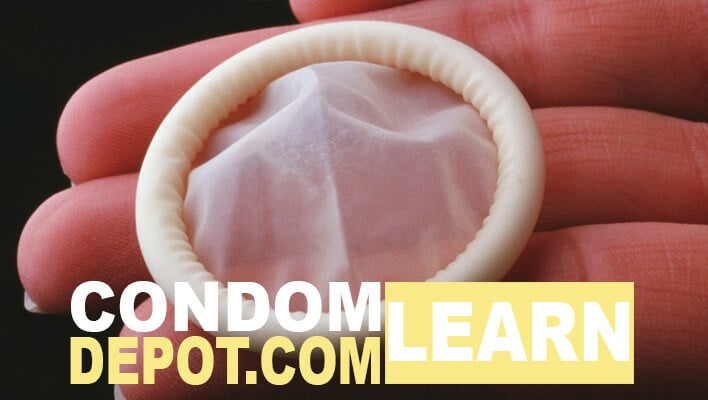Learn

InSpot.org Allows Anonymous Warning of STD Infections
NEW YORK (Reuters Life!) - A Web site that enables people with sexually transmitted diseases (STDs) to send anonymous email warnings to their partners could help slow a rise in new infections, a New York health official said.
InSpot.org uses the E-Card model to send messages like "I'm So Sorry" to notify people that they may have been exposed to a disease. It also offers information about getting tested and treatment.
"Making use of some of the emerging technologies makes sense," said Sue Blank, of New York's Department of Health and Mental Hygiene.
"We're getting the word out to the community."
Blank hopes the site will help to reduce new syphilis infections in New York which rose by 56 percent during the first half of the current fiscal year.
Users of the site, which went online in San Francisco in 2004, can choose from a selection of messages.
"It provides an easy, convenient, anonymous way for people to be responsible about notifying their partners about a possible exposure to an STD," said Deb Levine, of the San Francisco Internet Sexuality Information Services, which created InSpot with the city's Department of Public Health.
There are 15 million new cases of STDs in the United States each year, according to the Web site. The rise in syphilis in New York mirrors a national trend that shows syphilis has risen sharply among gay and bisexual men in the United States this decade.
Levine said that in San Francisco, syphilis rates have fallen since the site was introduced.
In addition to New York and San Francisco, the Web site is now active in six other U.S. cities. It has also been launched in eight U.S. states, as well as two Canadian cities and Romania.
SOURCE: Edith Honan, Reuters.com










